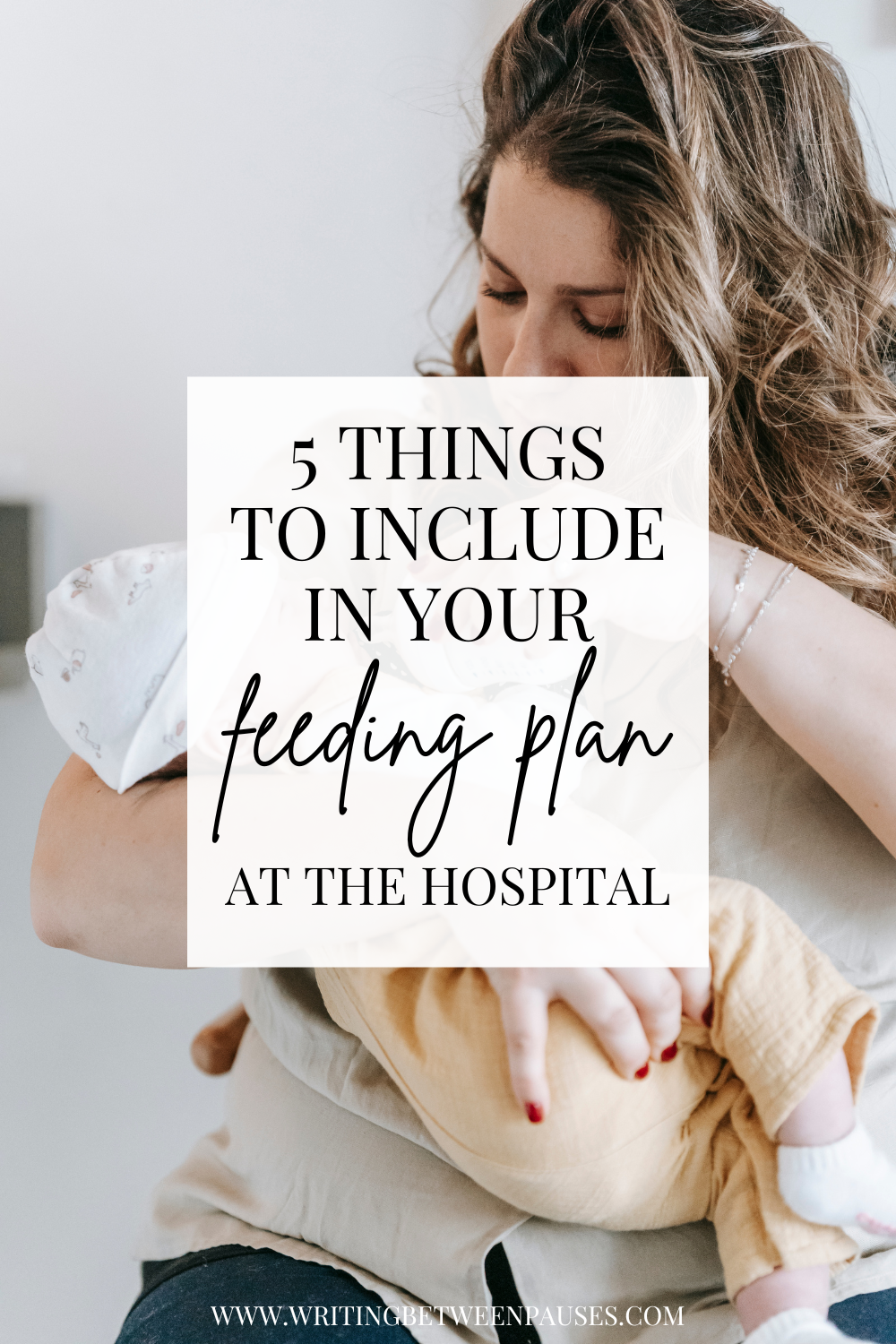Are you tired of NaNoWriMo blog posts?! I hope not! Because I definitely have more of them.
I feel like NaNoWriMo is one of those topics that once I get started on it, I actually can’t stop. I just keep talking about it. I have so much to say and for a long time, I kept myself from talking about it. I didn’t want anyone to think I was weird or… worse, ask to read my writing. (No, you can’t! I love you! But you can’t! I’ll die of embarrassment!)
Anyway, all I’m saying is: I have a lot to say. If you’re new to NaNoWriMo, I want to help you get acquainted. I find a lot of joy from NaNoWriMo: it’s really fun to take on a project every year. And every year that I succeed, I remind myself that I can do it. I can complete big projects and hit my goals, even if sometimes I worry that I can’t. And in the process, I write a story that I want to read and I’m all the better for it.
So, what’s this blog post about, you ask? 3 things you need to know for NaNoWriMo. Whether you’re a NaNo newbie or an old hat (I’m so sorry you’re an old hat) (that’s a very good joke, I hope you laughed), here are 3 NaNoFacts that you NaNoNeed.
1. The official word counter on NaNoWriMo has the last word.
And if it’s off, well, you’re out of luck.
Two years ago, I finished my story (51,000 words according to Google Docs!), copied-and-pasted it into the NaNo word counter, and… it was 49,000 words.
That’s right: somehow, my counter in Google Docs was off by 2,000 WORDS. I almost screamed. I threw a tantrum on Twitter. Emailed NaNoWriMo support. Then, I looked at my Google Doc, scrolled up and added onto scenes as needed. Copy and paste again? Still 200 words short. I was nearly in tears. It took me an extra TWO HOURS (I still nearly sob thinking of it!) to wrote those 2,000 missing words. But I did and I did it.
This leads me to this: you can use the NaNoWriMo word counter throughout the month to validate your word count as you go. This helps you know if you’re word processor’s counter is off (and nearly all my processors have been off at some point) and can help you readjust your expectations beforehand. So word to the wise: beware the counters.
2. It’s ok to modify to your specifications.
But Michelle, 1700ish words PER DAY? And then you start crying. (It is Libra season, feel free.)
Here’s what I’m saying: to win NaNoWriMo, you need to write about 1666 words per day for the 30 days of November. However, you can bump that to 2000 words per day and finish faster. Or, if you feel totally overwhelmed by that number, think of it THIS way! 1666 words per day is about 11,667 per week, or 12,000 words per week if you round up slightly.
So, you could think of each week as a big number (12,000 words) that you’re trying to wittle down as fast as possible. Or you could think of each day as a small number.
No matter how you think of it, there are ways to hit that number. (Trust me.)
However, if you really, really hate the idea of trying to write that many words per day and you want to fight it, here’s all I’m going to say: you really don’t have to.
Let’s say you want to do a poetry NaNoWriMo and write 30 poems in 30 days. Great! They don’t need to be 1667 words! You won’t be able to validate them officially, but if you want to write NaNoWriMo your own way, then godspeed, you crazy writer, you.
3. It is possible for anyone to finish.
Sometimes, I find people get caught up in the “can’t” of it all: they can’t because it won’t be good, it won’t get published, they won’t have time, they will get behind, and on and on. Bless them, but here’s the thing: what you write for NaNoWriMo does not have to be good. Isn’t that freeing!? You don’t have to write the next Great American Novel! You don’t even have to write a GOOD novel! But you’re much closer to writing a good novel, a great novel, if you write a novel. So whether you want to write for the fun of it (me) or you’ve always dreamed of publishing (maybe you!), starting now and making yourself finish 50,000 words in 1 month is a bigger step than saying you want to write a novel for 10 years and never getting to it.
Whenever I think about this, I like to this of this quote from Ira Glass:
“Nobody tells this to people who are beginners, I wish someone told me. All of us who do creative work, we get into it because we have good taste. But there is this gap. For the first couple years you make stuff, it’s just not that good. It’s trying to be good, it has potential, but it’s not. But your taste, the thing that got you into the game, is still killer. And your taste is why your work disappoints you. A lot of people never get past this phase, they quit. Most people I know who do interesting, creative work went through years of this. We know our work doesn’t have this special thing that we want it to have. We all go through this. And if you are just starting out or you are still in this phase, you gotta know its normal and the most important thing you can do is do a lot of work. Put yourself on a deadline so that every week you will finish one story. It is only by going through a volume of work that you will close that gap, and your work will be as good as your ambitions. And I took longer to figure out how to do this than anyone I’ve ever met. It’s gonna take awhile. It’s normal to take awhile. You’ve just gotta fight your way through.”
Even the best writers and best artists have first drafts that are not very good. Good photographers have to take bad photos to start. All I’m saying is this: the sooner you get past writing all the bad stuff that you’ll hate, the sooner you can get to writing stuff that is good, that makes you feel good.
And, it’s time to talk about the time thing. I don’t have a lot of spare time either. I’m a freelance copywriter with a 3 (almost 4!)-year-old, a husband, a dog, and a house. I have friends & family and social events. I have finished NaNoWriMo at least 6 times (it’s kind of hard to remember as I get older, but since 2010!); the only time I didn’t finish was in 2015, when Forrest was a newborn—and even then, I wrote 30,000 words. So yes, if you want to complete NaNoWriMo, you can make the time. You can get ahead and schedule your time well and really go for it—and prove to yourself that you can write. So what are you waiting for? (And you should totally download my free NaNoWriMo planning guide here.)

















